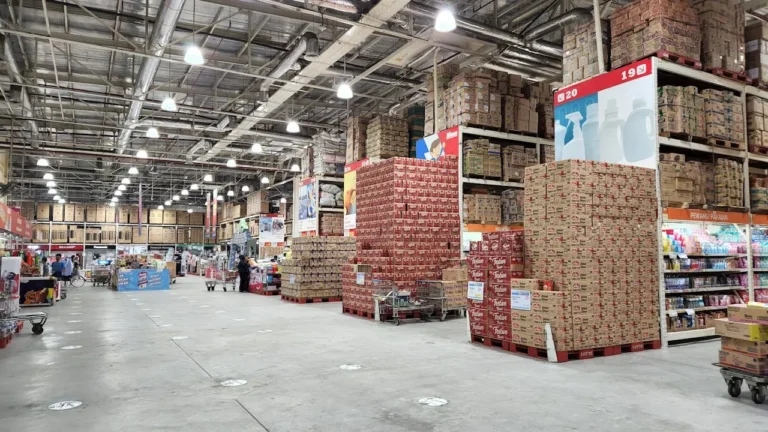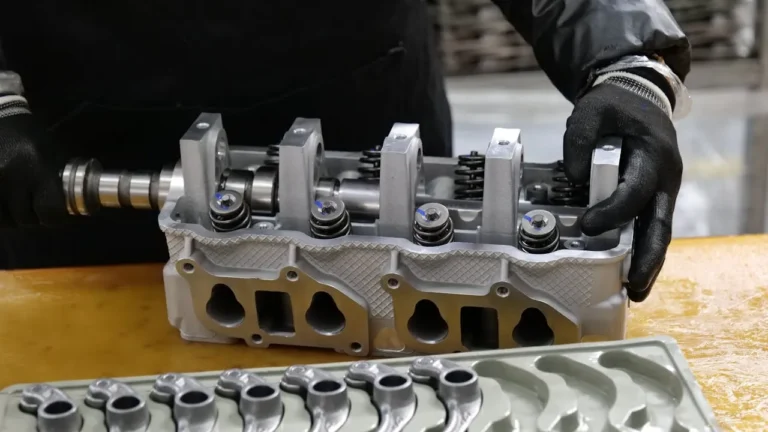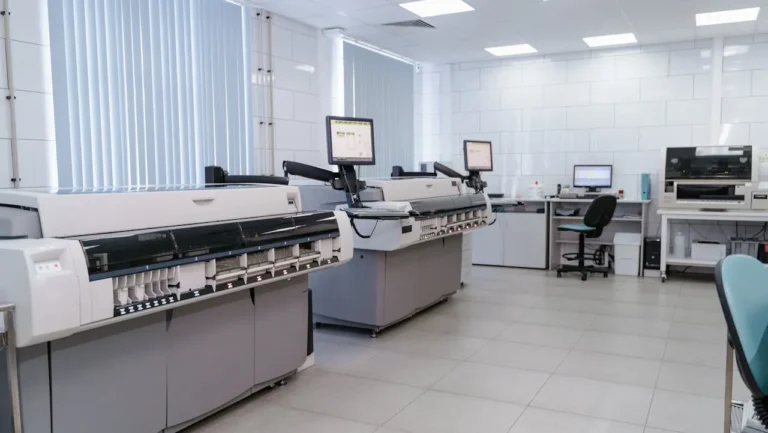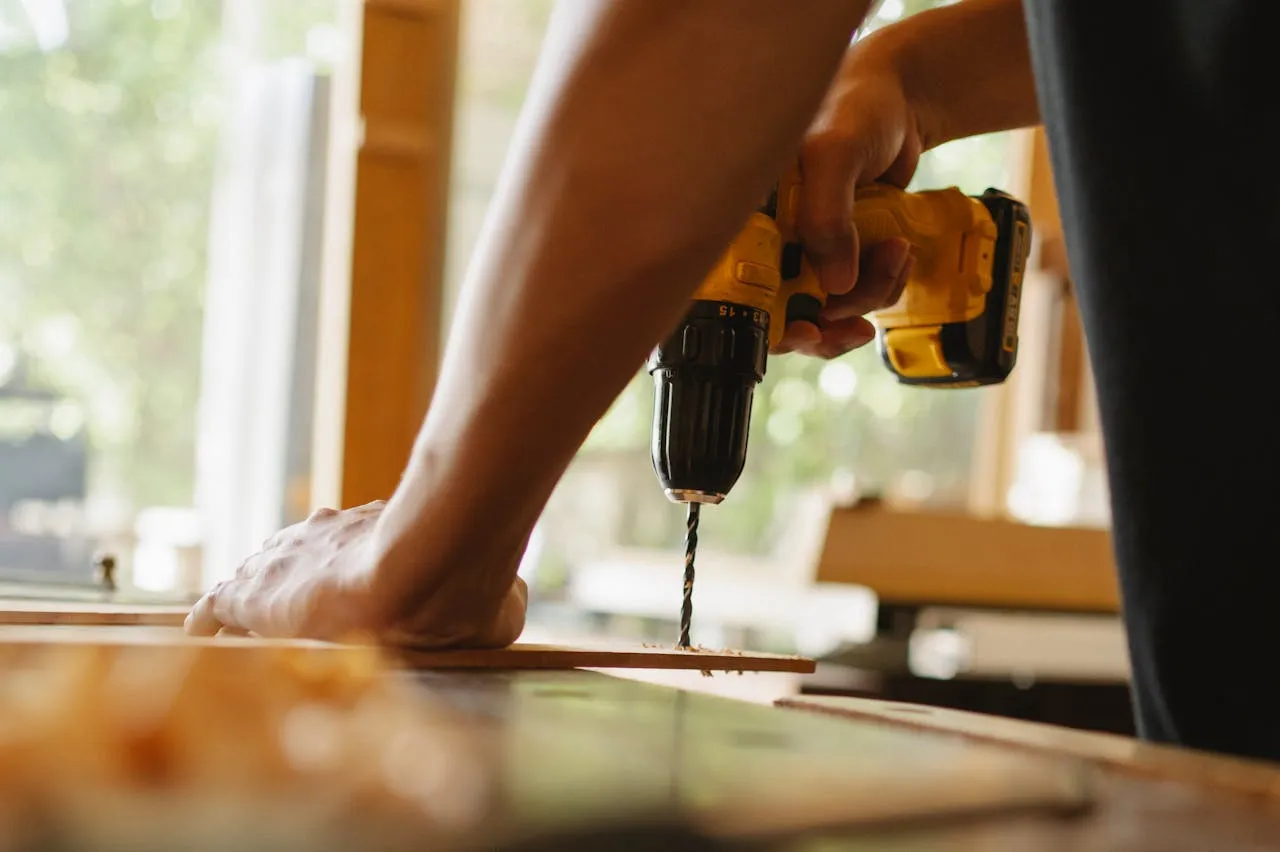
Brava Energia and Tenaris Pioneer Brazil’s First Production Casing Drilling Project, Marking Milestone in Potiguar Basin
In a landmark step for Brazil’s onshore energy sector, Brava Energia has successfully completed its first two casing drilling projects in the Alto do Rodrigues Field, located within the prolific Potiguar Basin. This achievement, supported by leading global steel pipe manufacturer Tenaris, marks the first time casing drilling has been applied for production casing in the country—a technical milestone that signals both operational innovation and strategic collaboration within Brazil’s upstream oil and gas industry.
The two vertical wells, each drilled to a depth of approximately 380 meters, were completed without any operational incidents. The integrated use of casing while drilling not only enhanced safety and efficiency but also led to substantial time and cost savings compared to traditional drilling techniques.
This success is the result of nearly three years of planning, technical validation, and intercontinental collaboration between Brava Energia’s engineering team and Tenaris’s oilfield services and product development divisions in both Brazil and Argentina.
What Is Casing Drilling—and Why It Matters
Casing drilling is an advanced method that integrates the process of drilling the well and installing casing in a single operation. Instead of first drilling a hole and then lowering casing into place—two separate steps in conventional drilling—casing drilling enables operators to drill the well using casing as the drill string. Once the desired depth is reached, the same casing remains in the well, eliminating the need for subsequent installation.
This technique provides several advantages: it minimizes the time the formation is exposed to drilling fluids, enhances wellbore stability, reduces the risk of hole collapse or lost circulation, and streamlines the logistics of well construction. These benefits ultimately translate into faster operations, improved safety, and lower overall well costs—key factors for onshore operators working within tight budgets and complex geologies.
Technical Execution: Simulation, Precision, and Performance
The success of the project stemmed from a methodical approach to planning, simulation, and execution. Brava Energia and Tenaris began collaborating on the initiative nearly three years ago, holding extensive technical discussions, conducting rig audits, and drawing on successful casing drilling experiences from operations in Comodoro Rivadavia, Argentina—where Tenaris has played a central role in deploying the technology.
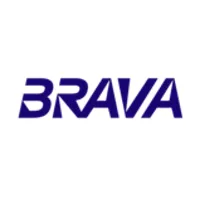
Throughout the planning phase, both teams worked closely to ensure technical feasibility. The project involved detailed torque, drag, and fatigue simulations, allowing engineers to model the complex forces acting on the casing string during the drilling process. These simulations were essential to confirm that the selected casing could withstand the mechanical stresses involved while maintaining structural integrity.
To meet the unique specifications of the rig operating in Alto do Rodrigues, Tenaris customized pipe lengths to optimize rig handling and compatibility. The casing strings featured TXP® BTC connections, a proven thread technology that has consistently delivered reliability in casing drilling applications across South America. The connection’s gas-tight seal and robust performance under torque and compression made it particularly well-suited to the dynamic requirements of the operation.
The TXP® BTC connection, combined with Tenaris’s Rig Direct® services model, ensured that product delivery, technical support, and supply chain coordination were seamlessly integrated with Brava Energia’s operational schedule.
Voices from the Field: Collaboration and Commitment
The successful deployment of casing drilling in the Alto do Rodrigues Field was hailed by leadership teams on both sides as a breakthrough in Brazilian drilling operations.
We appreciate the hard contribution from the drilling engineering team of Brava Energia and Tenaris’s technical team for the commitment and good results,” said Franklin Romero, Well Construction General Manager at Brava Energia. “This achievement represents a solid first step in applying advanced well construction techniques to enhance our onshore development strategy.”
Tenaris executives emphasized the broader implications of the project—not just as a technical success but as a signal of renewed investment and innovation in Brazil’s onshore market.
This achievement is a great example of how Tenaris is contributing to the development of Brazil’s onshore market by bringing field-proven solutions to the region,” said Roque Ivaldi, Tenaris Oil and Gas Commercial Senior Director in Brazil. “It marks the culmination of nearly three years of dedicated work, including rig visits and benchmarking with operations in Argentina. Collaboration between our teams across both countries was key to delivering these results.”
For Tenaris, the project reflects the company’s growing presence in Brazil and its strategy to extend its technical and service capabilities beyond traditional OCTG supply.
We are leveraging our expertise in OCTG performance to enhance operational reliability in a market where cost optimization is essential,” Ivaldi continued. “We’re excited to bring our extensive experience to Brazil, built on years of supporting casing drilling operations in Argentina.”
Tenaris’s Rig Direct® model played a central role in the project’s success. This model ensures that oil and gas operators receive not just high-performance pipe, but also the engineering support, well planning expertise, and real-time technical assistance required to navigate complex drilling environments.
We appreciate the opportunity to collaborate with the Brava Energia team on this project,” added Renato Catallini, President of Tenaris in Brazil. “We value their commitment to exploring innovative solutions in the onshore sector, and the trust they’ve placed in Tenaris to support their vision.”
What’s Next: Expanding the Use of Casing Drilling in Brazil
Following the successful execution of the first two casing drilling wells in the Alto do Rodrigues Field, Brava Energia has announced plans to incorporate this method into additional drilling campaigns. Upcoming operations in the Estreito and Alto do Rodrigues fields are expected to benefit from the same cost efficiencies and operational advantages.
This signals a broader shift within Brazil’s onshore drilling sector, which has historically relied on conventional well construction techniques. By embracing casing drilling, Brava Energia positions itself as a frontrunner in adopting innovation that improves project economics and reduces exposure to drilling risks.
Strategic Context: A New Phase for Brazil’s Onshore Market
Brazil’s onshore oil and gas fields—often overshadowed by the headline-grabbing deepwater pre-salt discoveries—are undergoing a quiet transformation. As mature assets in the Potiguar Basin and elsewhere continue to produce, operators are under growing pressure to reduce costs, optimize recovery, and extend field life. Technologies like casing drilling offer a pathway to achieving these goals while aligning with sustainability and safety objectives.
The partnership between Brava Energia and Tenaris demonstrates how technology providers and energy operators can jointly overcome technical barriers to unlock more value from existing assets. By leveraging cross-border collaboration and field-proven innovations, they are setting new benchmarks for efficiency and performance in one of Brazil’s oldest producing regions.
The successful completion of Brazil’s first production casing drilling wells is more than a technical achievement—it is a statement of intent. Brava Energia’s initiative, executed in partnership with Tenaris, signals a readiness to adopt smarter, faster, and more integrated well construction methods in pursuit of lower costs and greater efficiency.
As the Potiguar Basin enters a new phase of development, the lessons learned and capabilities demonstrated through this pioneering project are likely to resonate across Brazil’s onshore oil and gas landscape—laying the groundwork for broader adoption of casing drilling in future campaigns. With ongoing collaboration and a commitment to operational excellence, both Brava Energia and Tenaris are poised to shape the next chapter of Brazilian energy development.


